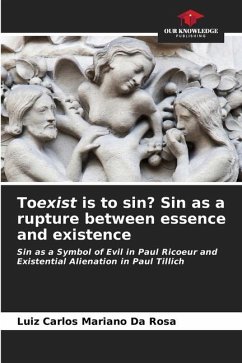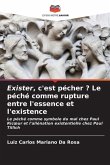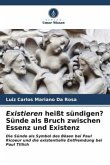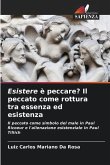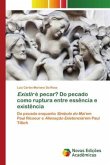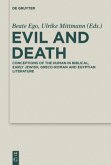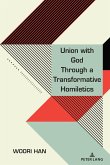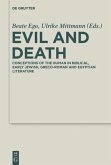Focusing on sin in Pelagius as a possibility while exercising freedom and individual responsibility, Prof. Luiz Carlos Mariano Da Rosa points out the defense of neutrality involving the creation of the human being and his capacity for good and evil, underlining the freedom of the will and its absolute indeterminacy, which ties sin to choice. In this way, the text shows sin in Augustine as a fact and an act in terms of freedom, responsibility and personal guilt, insofar as the human being is constituted as such in a state of holy innocence in a process that attributes to sin the condition of a product of human choice through the exercise of his freedom and full awareness, converging on an event that, based on Adam's attitude, imposes on his posterity the condition of absolute depravity and inescapable guilt. Thus, by examining sin as a rational symbol between Pelagius and Augustine according to Paul Ricoeur, the research affirms the need for a process that is capable of deconstructing the concept in the light of the emergence of the orthodox intention as an upright and ecclesial meaning.

